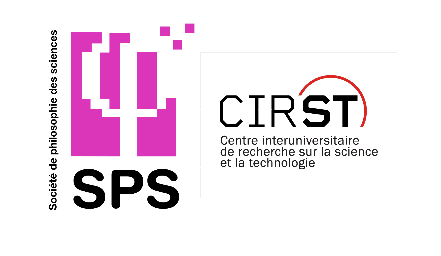A Symmetry in the Asymmetry: How explanatory asymmetries might shed light on explanations (in science and in society)
1 : Equipe REHSEIS du Laboratoire SPHERE
CNRS : UMR7219
A traditional trend in philosophy of science has been to consider that the nature of scientific explanation is essentially different from the nature of explanations that we find outside science. Perhaps the most popular partisan of this view is Carl Hempel. On the other hand, some authors (notably Bas Van Fraassen) have pointed out that explanations have pragmatic nature, and that scientific explanations are on a par with explanations that we find in non-scientific discourses. In this paper I argue that there is a good reason to think that explanations in science and in society are not so different as some philosophers of science have argued. I reconsider the classical case of explanatory asymmetries. Explanatory asymmetries appear when we have pairs of deductively valid arguments which rely on the same law but which differ radically in explanatory potential. As Philip Kitcher observed in 1989, to the case of explanatory asymmetries in empirical sciences there correspond analog cases of explanatory asymmetries in mathematics. I claim that such analogy indicates that the explanatory import in the asymmetries (in empirical sciences and in mathematics) can be accounted for in terms of pragmatic ingredients, and these ingredients are common to non-scientific explanations as well. More generally, I argue that the case of explanatory asymmetries reveals that there is no definite explanatory asymmetry between explanations in science and explanations outside science. An explanation (in science and in society) depends on specific pragmatic constraints, although the way in which these constraints are used is different.


